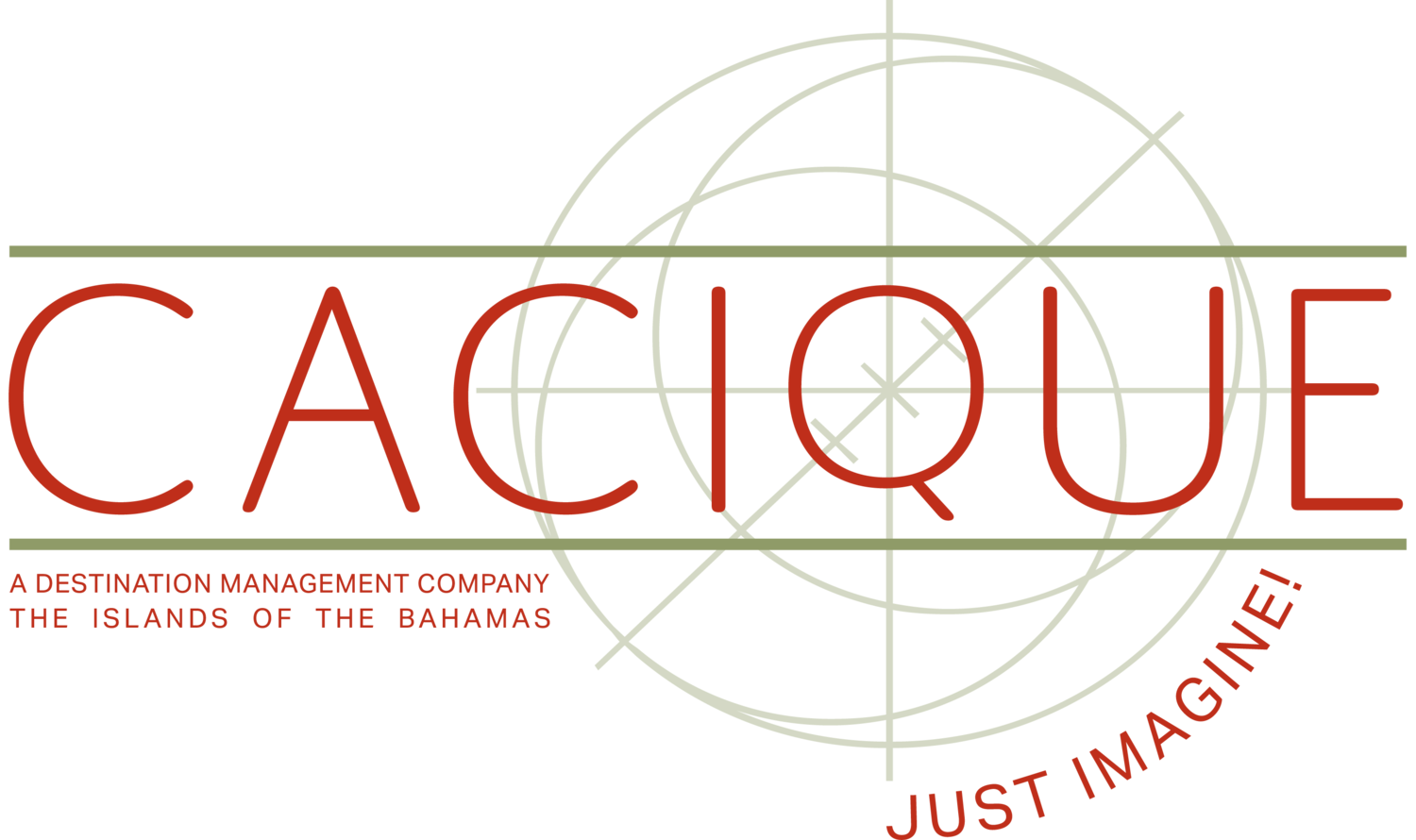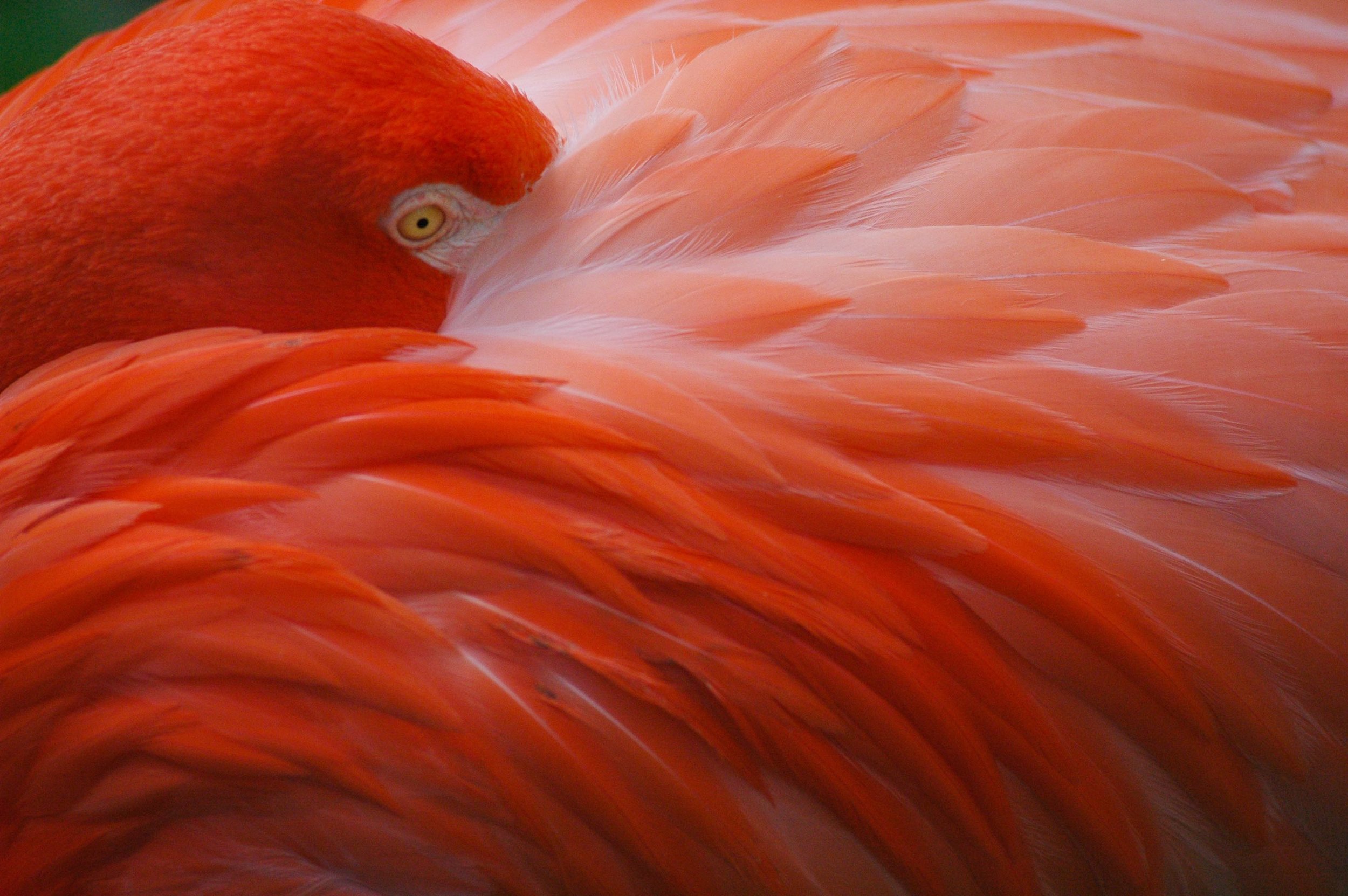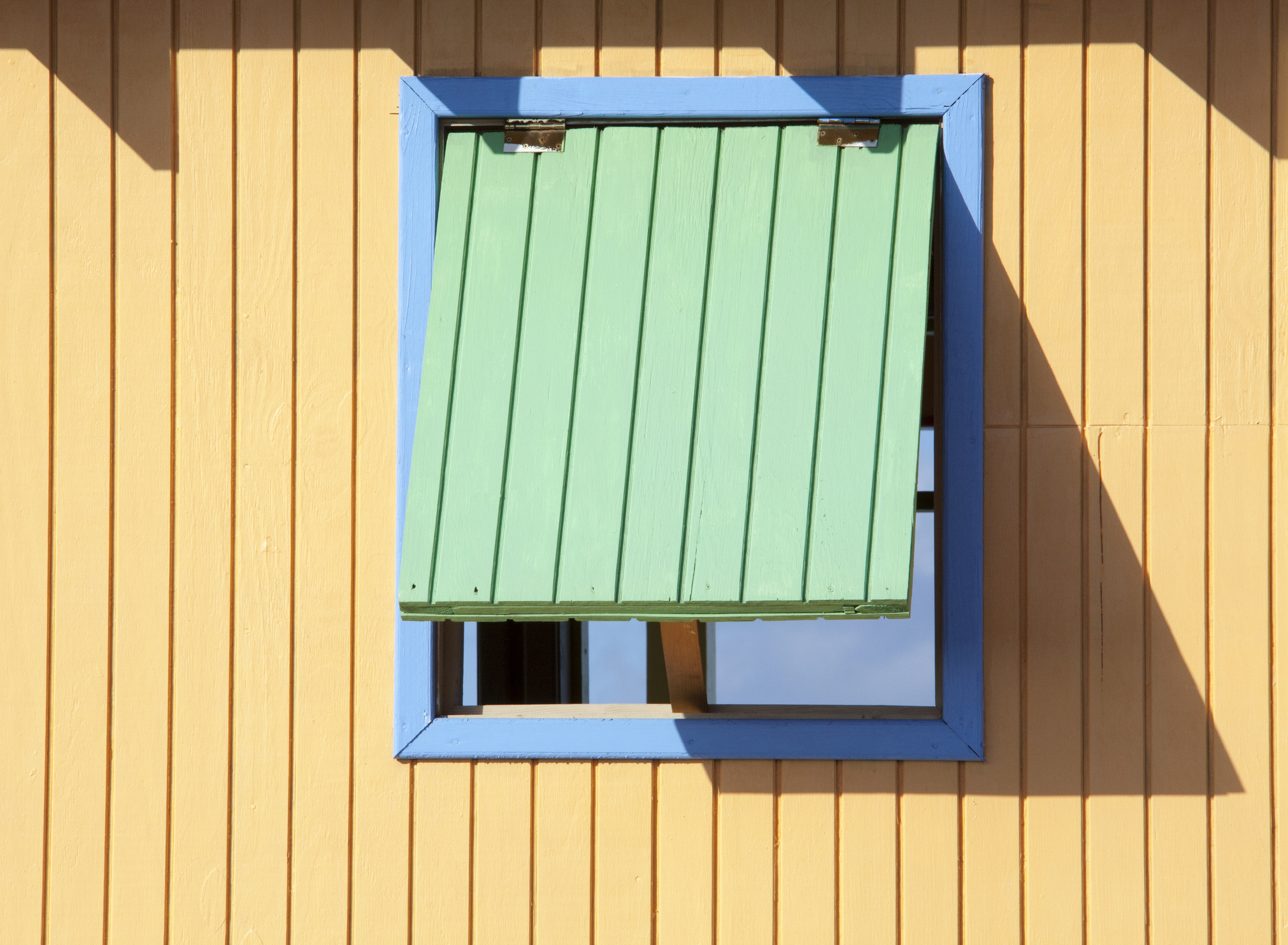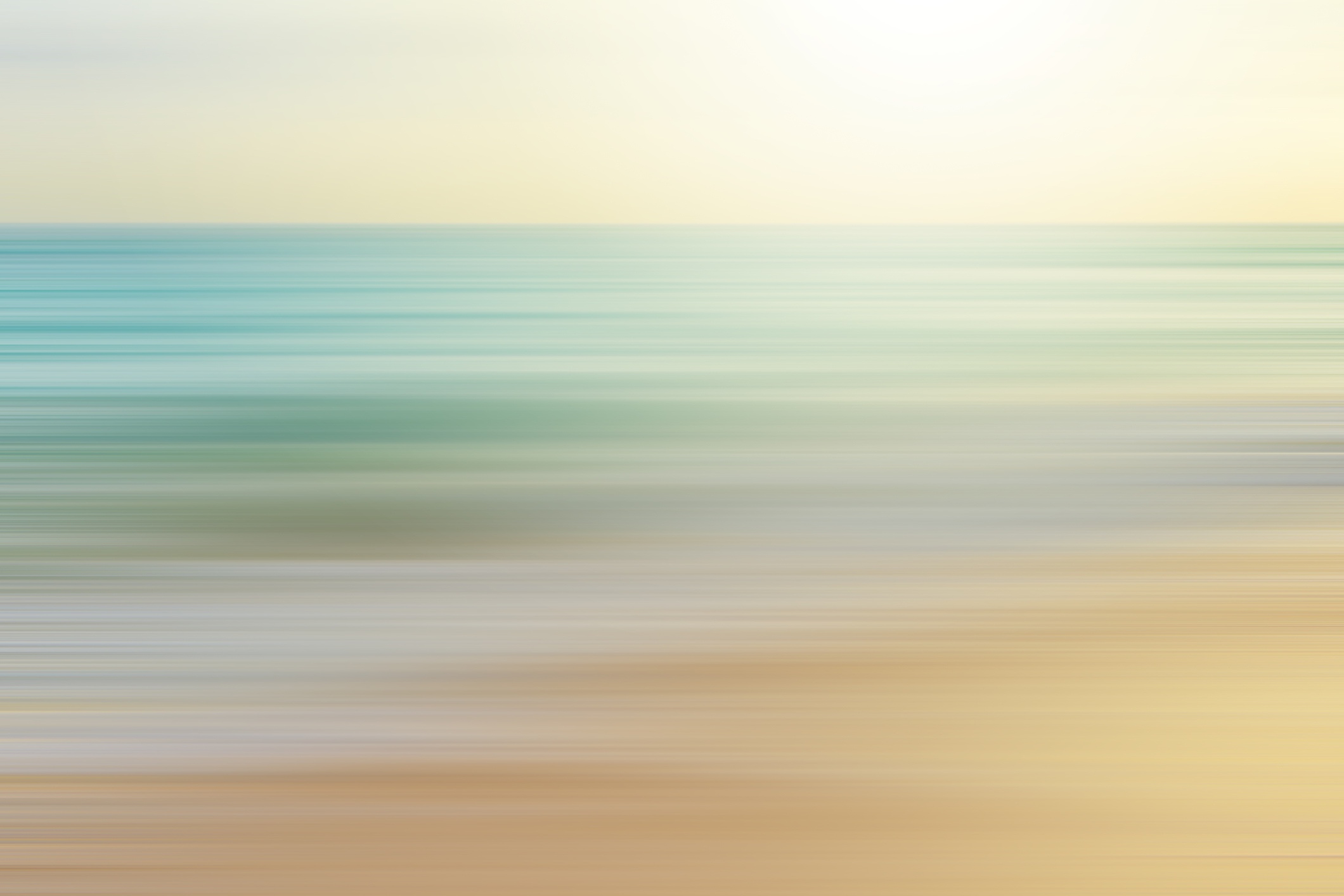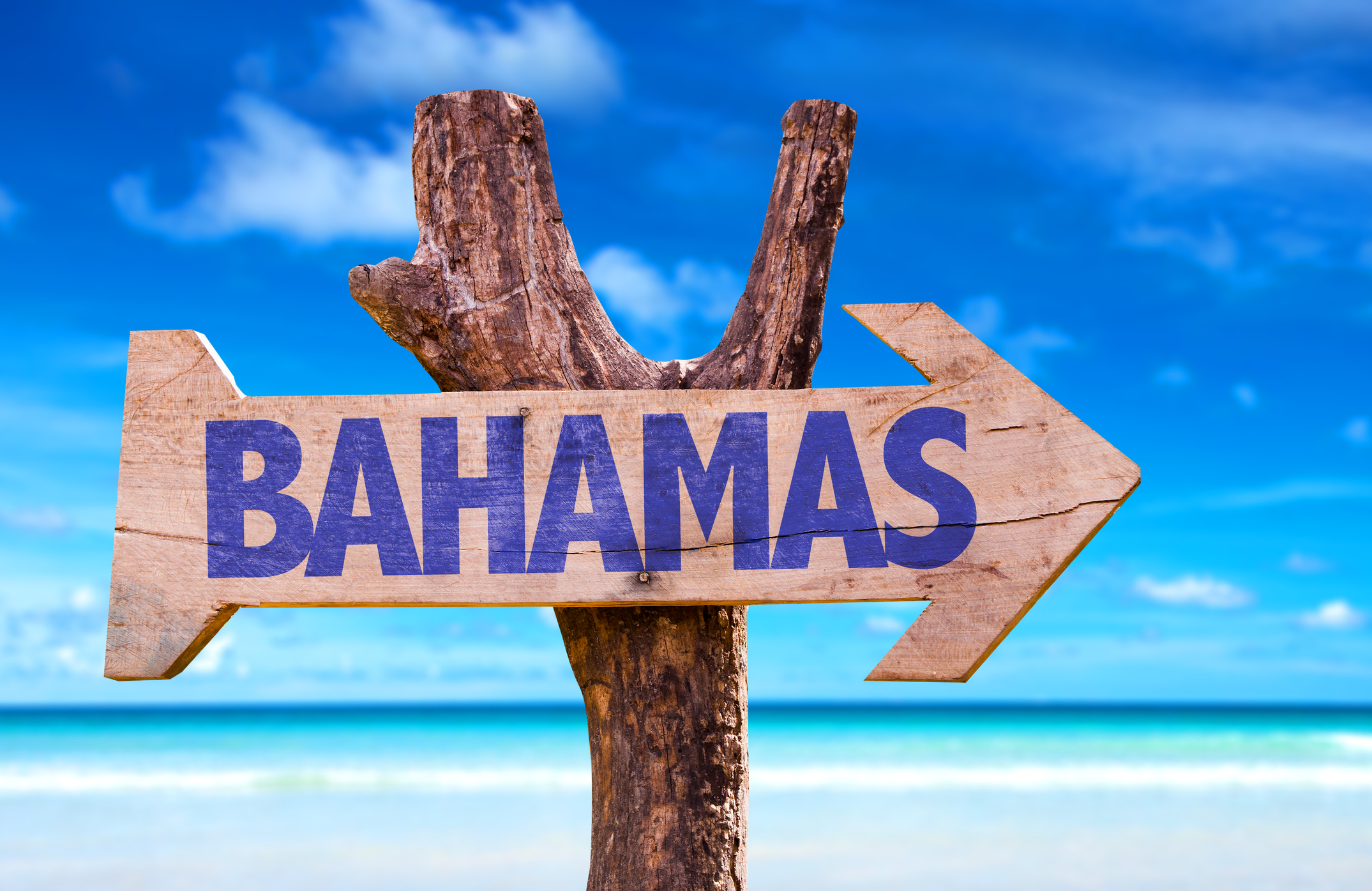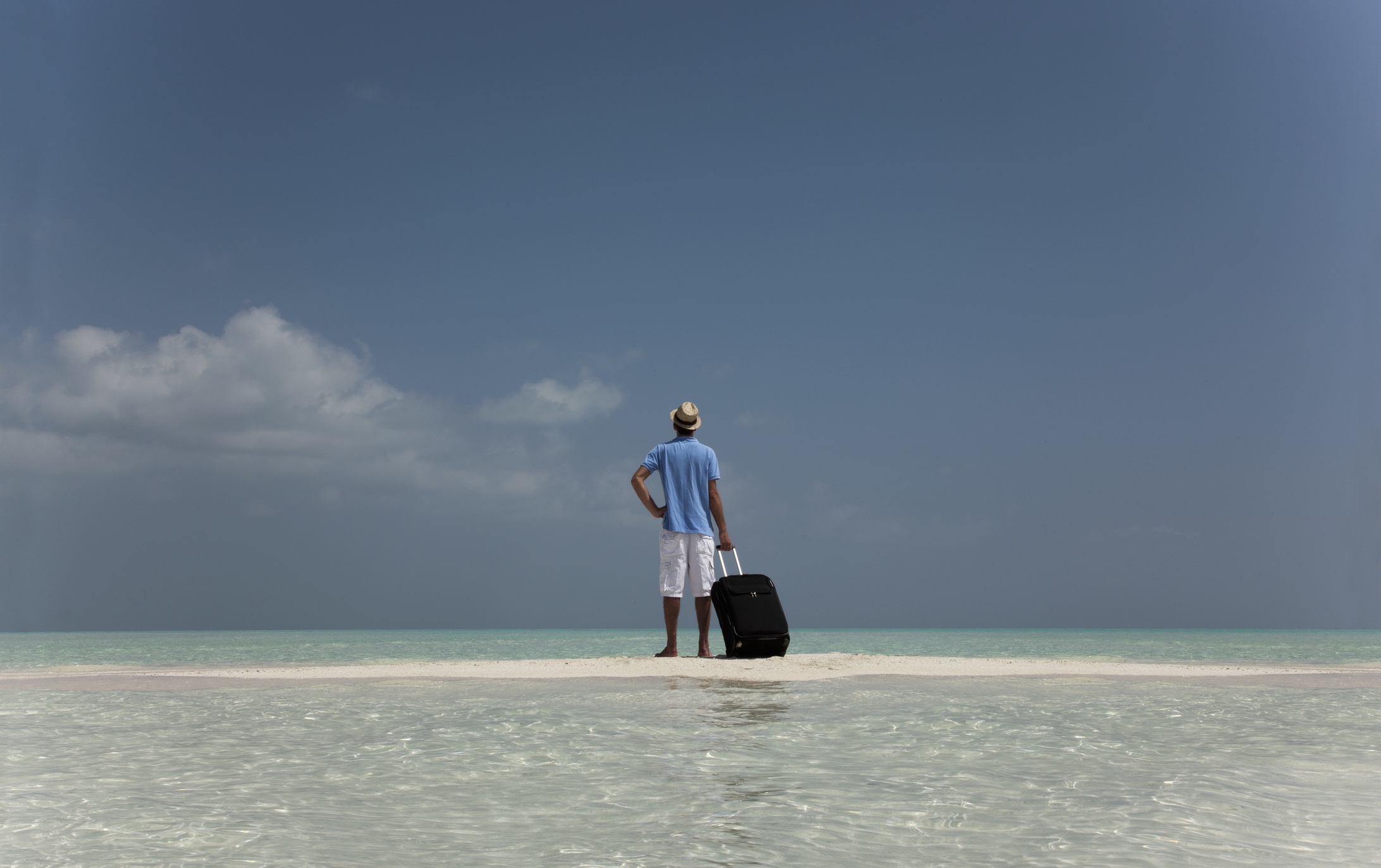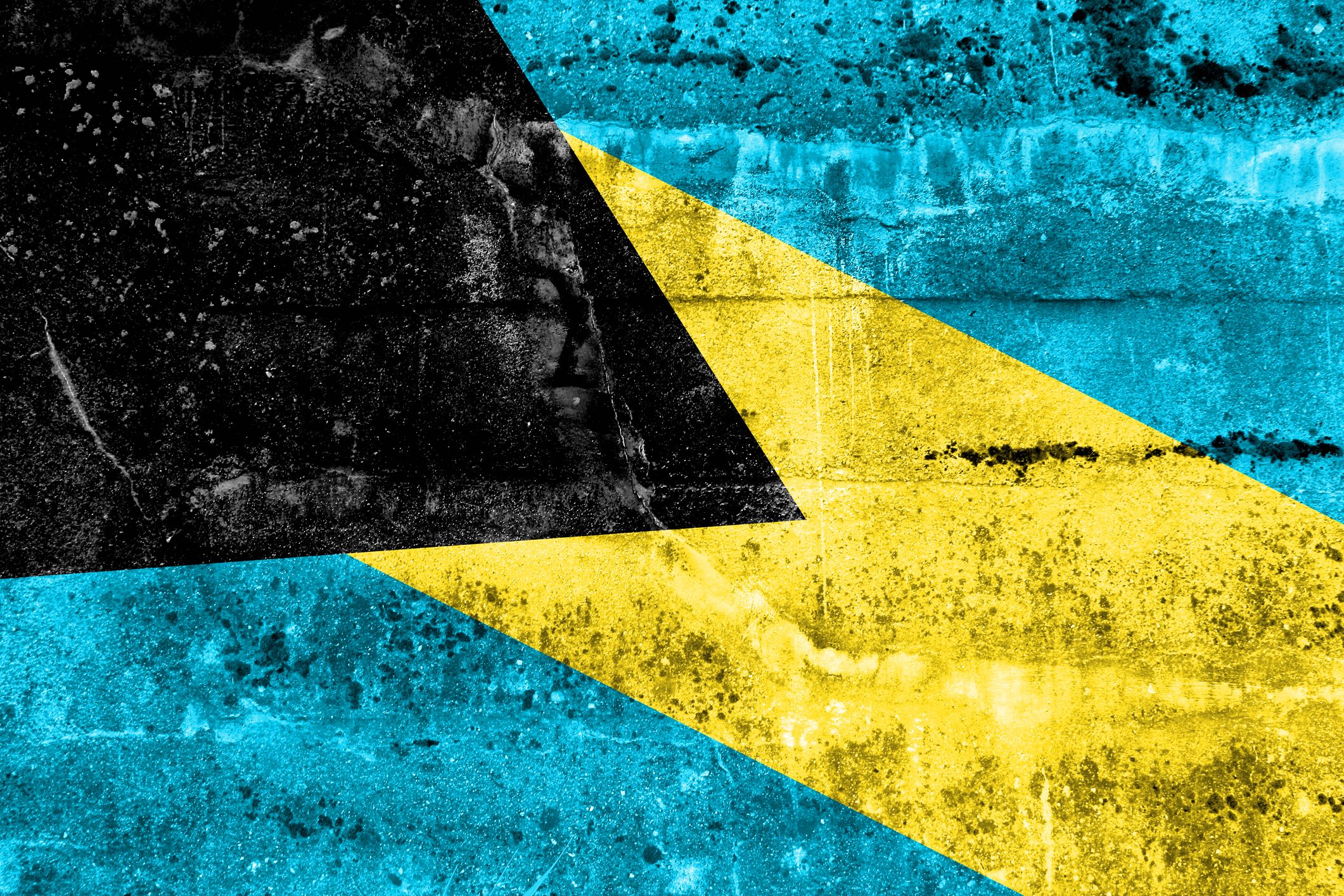COVID 19 TRAVEL PROTOCOLS
The health and wellbeing of all who enter The Bahamas remains the country’s number one priority, and diligent efforts are enforced to minimize the spread of COVID-19. The following travel and entry protocols have been put in place to ensure The Bahamas is a safe and clean destination for all to enjoy. For the latest updates, please visit https://travel.gov.bs/
700 Islands & Cays
Nothing is more stylish than a prepared traveller. The more you know about what to expect when coming to The Bahamas, the more prepared (and stylish) you’ll be when you arrive in our beautiful islands!
The Bahamas is an archipelago of over 700 islands, located 50 miles from the south-east coast of Florida and north of Cuba. The country spans across 100,000 square miles of the Atlantic Ocean. It is easily accessible with many direct flights from the United States, Canada, Latin America and the United Kingdom.
Cacique International is The Bahamas premier Destination Management Company, with headquarters in the capital of Nassau, and operations in locations throughout The Bahamas including Eleuthera and Bimini
Entry Requirements
The Bahamas has a modern international airport as well as private airports that are easily accessible. There are frequent direct flights from major hubs such as Miami, New York, Toronto, London, Atlanta, Houston and Panama. We are an independent country and entry requirements vary according to the country of citizenship. The Lynden Pindling International Airport in Nassau provides U.S. Customs Pre-clearance and Global Entry kiosks for pre-approved travelers.
Getting Around
It’s easy to get around Nassau and to island hop across The Bahamas by your preferred mode of transportation.
Car - Go off the beaten path on your trip by renting a car and exploring Nassau. Several well known car rental companies including Avis, Budget, and Hertz will make it easy to do. In The Bahamas we drive on the left and use both right hand and left hand drive cars. If you intend to explore on foot, remember to look right before crossing streets.
Air - Island hop with ease on a variety of local airlines such as Southern Air, Flamingo Air, SkyBahamas and BahamasAir from the the Lynden Pindling International Airport and private charter options available from Odyssey Aviation
Ferry - Ferries are a common mode of transportation in The Bahamas, and a great alternative to flying. The Fast Ferry service from Bahamas Ferries offers a daily, comfortable and reliable service between the islands. It’s perfect for taking day trips or longer stays in the Family Islands.
Mailboat - Inter-island boats, called Mailboats, are an important part of shipping produce and goods throughout the country. They offer an inexpensive, rustic and leisurely way to get around.
Jitney - Buses, referred to as ‘jitneys’ in The Bahamas are available for a truly local experience and are an inexpensive way to go off the beaten path.
Taxi - Taxis are easy to identify and more often than not, a taxi driver will ask if you need a ride. Taxi stands are also available at airports and most hotels. Although rates vary by island, prices are generally reasonable.
Time Zone
The Islands Of The Bahamas are in the Eastern Standard Time Zone and implements Daylight Saving Time 2:00 a.m. on the second Sunday in March until 2:00 a.m. on the first Sunday in November. This is the same daylight savings policy practiced in Australia, Canada and the United States.
Currency
The Bahamian dollar is on par with the U.S. dollar and both are accepted interchangeably throughout the islands. Credit cards and travelers checks are accepted at most locations on Nassau/Paradise Island and Grand Bahama Island but you should keep some cash on hand.
Banking
Banking hours are Monday through Thursday, 9:30 a.m. to 3:00 p.m., and Friday from 9:30 a.m. to 4:30 p.m. Most ATMs are compatible with +PLUS and Cirrus.
Weather
The Bahamas enjoys a warm, agreeable climate that varies little year-round. The most refreshing time is between September and May, when the temperature averages 70-75°F. The rest of the year is a bit warmer with temperatures averaging between 80-90°F. June through November is The Bahamas’ hurricane season. The Bahamas experiences rain year round, but May - October constitute the rainy season.
Clothing
Casual summer wear can be worn during the day any time of the year but be sure to bring a jacket or sweater for cooler evenings from December to February. Most upscale hotels and restaurants and casinos require jackets for men in the evening, especially in more cosmopolitan areas, such as Nassau and Freeport/Lucaya. Though walking the streets in swim trunks in mid-January might sound irresistible, away from beach or pool areas, you are expected to cover your bathing suit.
Communications
Telecommunication services in The Bahamas are reliable and comparable with the service found in most developed nations. The country is compatible with 2G, 3G and 4G LTE mobile networks throughout all islands. CDMA mobile networks are supported in Bimini, Eleuthera, the Exumas, and Grand Bahama. Wi-Fi hotspots are normally readily available.
Duty-Free Shopping
Most of the major islands have duty-free shopping on cameras, binoculars and telescopes, china and crystal, watches and clocks, jewellery, perfumes, fine linens and tablecloths, liquor and leather goods. Savings on these items are between 25% - 50% below U.S. prices.
Electricity
Electrical outlets in The Bahamas are 60 cycles/120 volts, which is compatible with all US appliances. British and European appliances require a flat two-pin adaptor and 220-volt converter.
Religion
The Bahamas’ cultural mix has created a community of religious denominations. The country observes Christian principles with a diverse mix of Baptists, Pentecostals, Seventh Day Adventists, Roman Catholics, Anglicans, Methodists, Muslims and Jehovah’s Witnesses. There are also several non-denominational places for worship.
